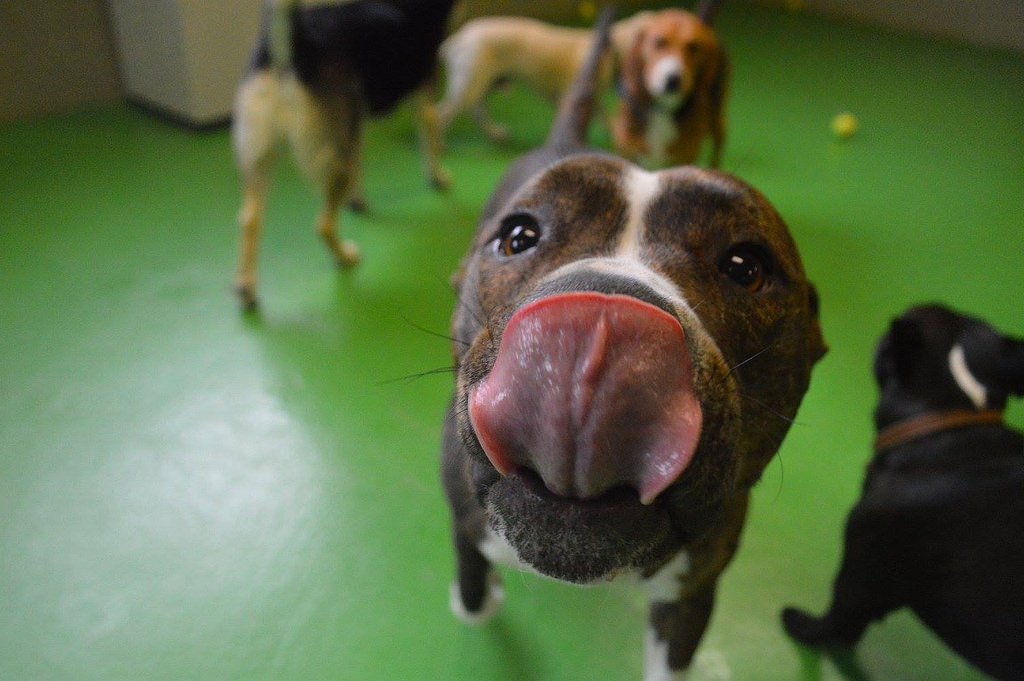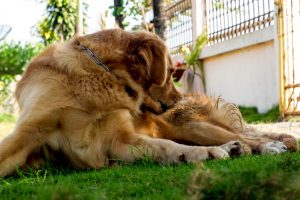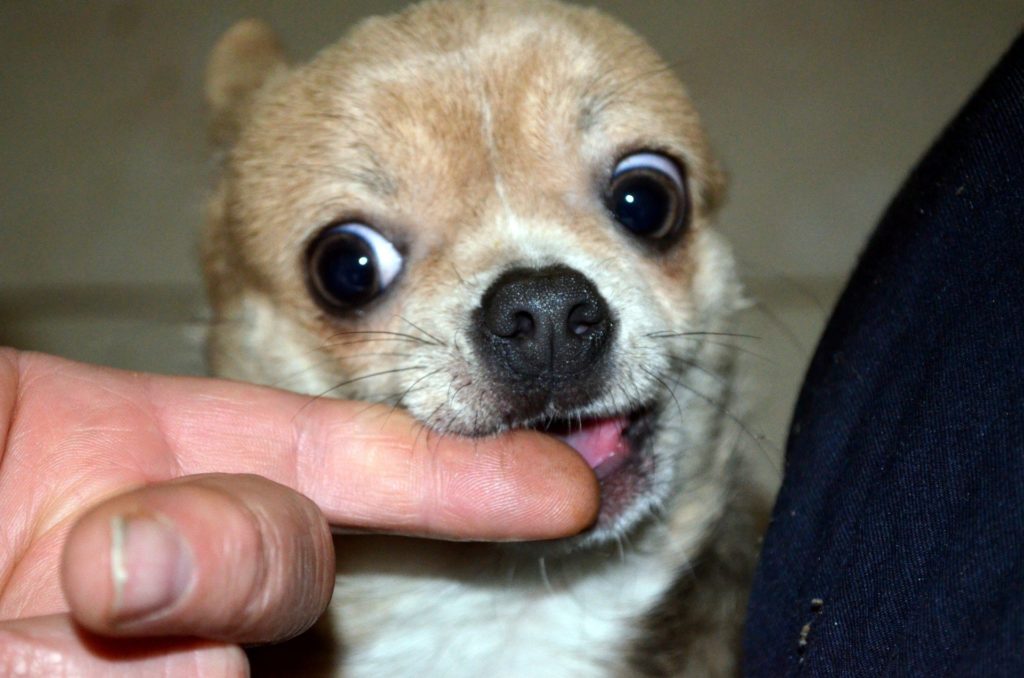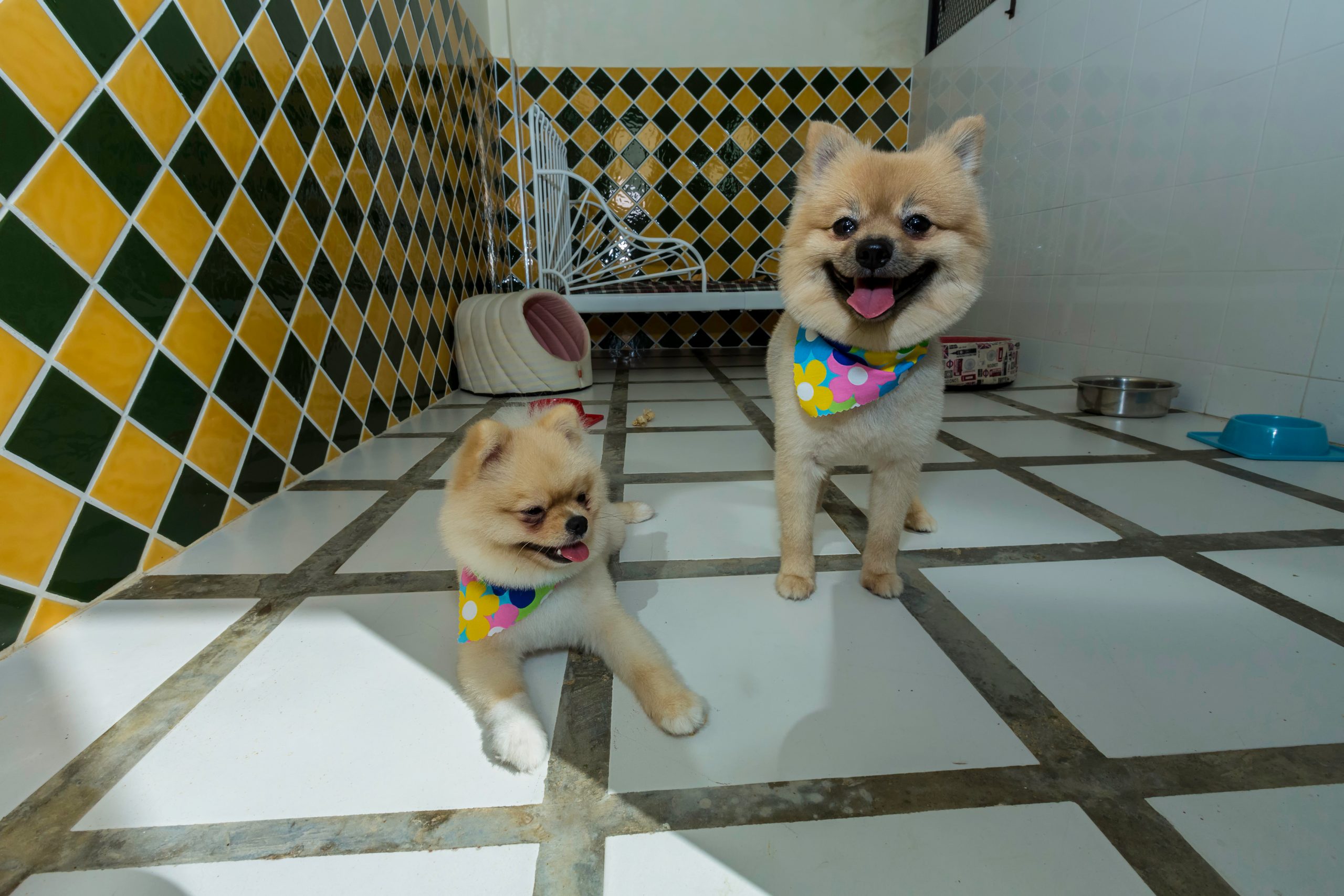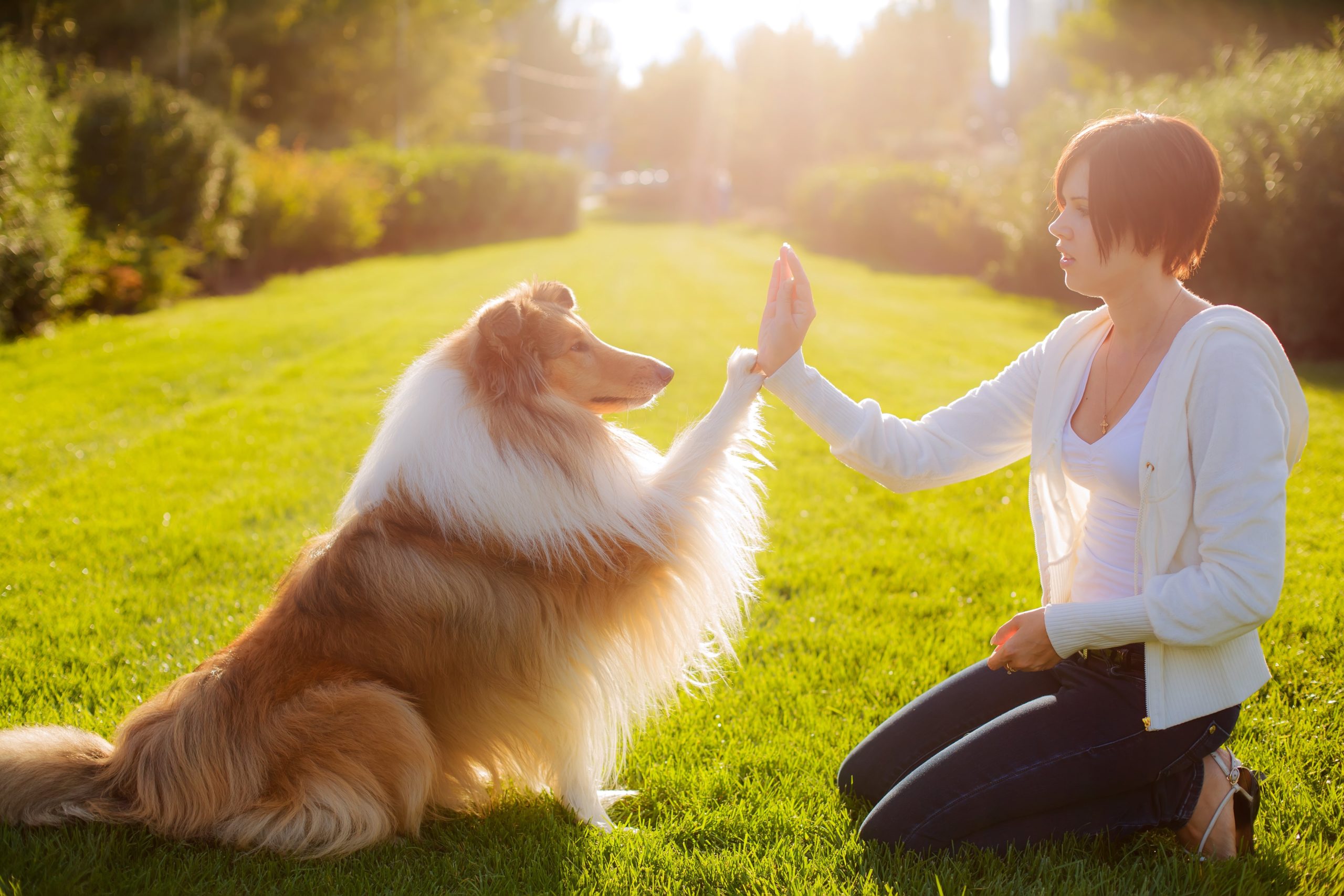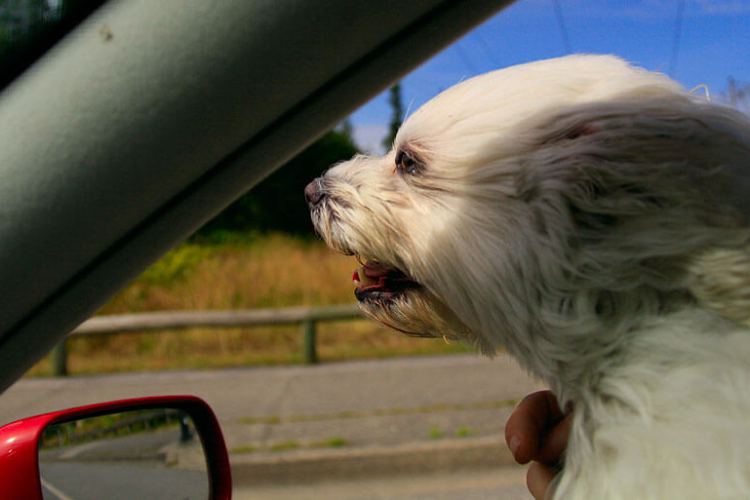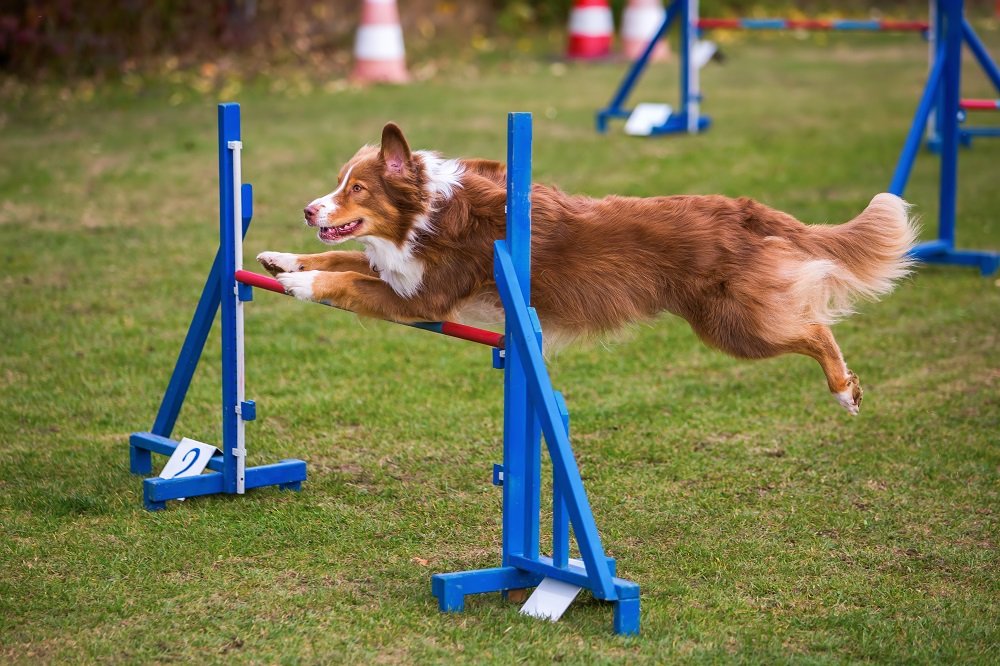This page contains affiliate links. This means that we may get a small commission for recommending products, if you choose to click on something and buy it. This does not cost you anything, but we wanted to be honest and let you know!
(Last Updated On: 6th August 2022)Wound licking in both humans and animals is an instinctive response to injuries. Cats, rodents, dogs, and all primates prefer licking their wounds as a means of easing pain. There is a popular belief that that animal saliva, especially from man’s best friend, has a number of healing properties.
This belief dates back to ancient Egypt where it was believed that being licked by a dog helped to heal lesions and sores. But why do dogs love to lick wounds? Is licking wounds bad or good? Should it be encouraged or discouraged? How do you stop it?
Table of Contents
Why Do Dogs Lick Wounds?
The first thing instinct that animals and people respond to after an injury is trying to ease the pain or discomfort. Just like humans rub their heads after hitting it against a hard object, dogs lick their wounds; the sensation caused by licking prevents them from feeling pain and soreness.
Besides, a dog’s saliva is comprised of valuable properties that essentially keep the wound clean and also encourages blood clotting, which is a critical step in healing.
Why Do Dogs Lick Human Wounds?
Dogs are also known to lick cuts and grazes among other wounds on a human body. This is triggered by affection and their presumed duty to care for their owners.
Just like their mother licked their wounds when they were puppies, dogs will attempt to ease your discomfort by licking your injuries. It is also an instinctive response for dogs and other animals to tend to wounds hastily after an injury.
A dog’s mouth carries different types of bacteria that can get to your wounds through licking. These bacteria can cause infections, which might ultimately necessitate amputation especially if they spread. Also, bacteria such as Staphylococcus and Pasteurella have been known to cause catastrophic infections and threats to human life.
Is Dog Licking Wounds Good or Bad?
Unlike wild dogs that devote most of their time to searching for food and running from predators, domesticated pooches have a lot of free time, and they can spend an entire day tending to their injuries.
Too much licking, however, worsens the wounds and thus prompts more licking. It can also open up closed wounds and break down stitches, which might leave the wounds vulnerable to infection. Also, compulsive licking of wounds in dogs can lead to stress and anxiety. Hence, you should stop the habit before it deteriorates.
How Can You Stop a Dog from Licking Wounds?
It is considerably easy to stop your dog from licking your wounds. For instance, you may begin by covering your injuries appropriately and also consistently train your pooch to deter them from licking.
You can also leave the room every time your dog tries to lick you, which will eventually encourage them to stop.
It is, however, harder to stop a dog from licking their own wounds, particularly because it is quite impossible to supervise them throughout the day and night. Some people use bandages, inflatable collars, or Elizabethan collars to prevent their dogs from getting to the wound.
You can also use distraction techniques such as lots of play, training, and walks to keep the tongues and paws busy. For instance, you can use a buster cube filled with biscuits that fall out gradually every time the dog hits it.
Licking wounds in dogs is an impulsive action that essentially helps to keep them clean. As much as licking helps to keep the wound fresh while easing the discomfort caused by injuries, allowing your dog to lick their wounds excessively has dire consequences.
This is because it can lead to the spread of dangerous bacteria in the human bloodstream. Also, it causes compulsive behavior in dogs in addition to leaving wounds vulnerable to infections.
Ian is an avid outdoorsman and dog lover. He lives in Central Florida with his wife Heather, and their 2 dogs – Panda (Purebread Rough Collie X English Golden Retriever) & Kuma (Blue Merl Purebread Rough Collie)
